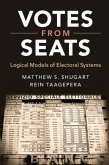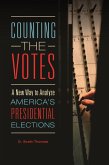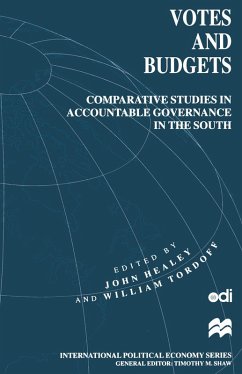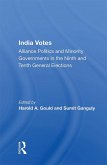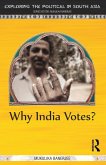Politicians distribute money to voters during campaigns in many low-income democracies. Many observers call this practice 'vote buying'. Money for Votes develops an alternative theory of electoral clientelism that emphasizes the role of monetary handouts in conveying information to voters, helping politicians enhance the credibility of their promises to deliver development resources and particularistic benefits to their constituents. Supported by interviews, experiments, and surveys in Kenya, and additional evidence from qualitative and survey data from elsewhere in Africa, the study tests the implications of this argument, and traces the consequences of electoral clientelism for voter behaviour, ethnic politics, public goods provision, and democratic accountability. Ultimately, the book suggests that the relationship of electoral clientelism to the quality of democracy is far more nuanced than our instincts might suggest.
Dieser Download kann aus rechtlichen Gründen nur mit Rechnungsadresse in A, B, BG, CY, CZ, D, DK, EW, E, FIN, F, GR, HR, H, IRL, I, LT, L, LR, M, NL, PL, P, R, S, SLO, SK ausgeliefert werden.





